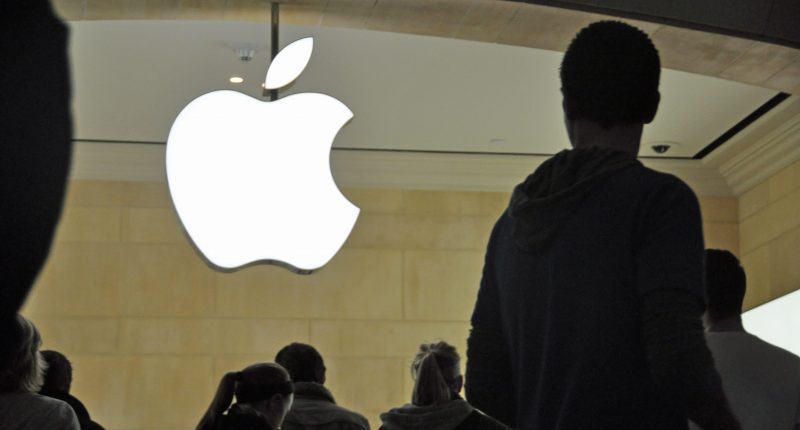Apple has faced a major legal defeat in the United Kingdom (UK) after the Competition Appeal Tribunal (CAT) ruled against the company in a lawsuit over its App Store practices. The case focused on Apple’s standard 30% commission on app sales and in-app purchases, which the lawsuit argued was unfair to both developers and consumers. The legal action was brought by British academic Rachael Kent on behalf of millions of iPhone and iPad users, who claimed that the commission led to higher app prices and limited options for users. If the ruling stands, the Cupertino-headquartered company could be required to pay damages totalling up to £1.5 billion (~ $2 billion) to affected customers.
The tribunal agreed with the claim that the iPhone maker had monopolized the distribution of apps on iOS devices by requiring developers to sell apps exclusively through its App Store. This meant that developers had no choice but to comply with Apple’s 30% commission on in-app purchases. The court found that this approach limited competition in the market and unfairly increased the cost of apps for users. Notably, this case is among the first mass legal actions against a tech giant under the UK’s relatively new framework for collective claims.
However, in response to the ruling, the Tim Cook-led company said it plans to appeal the decision. The company argued that the tribunal misrepresented the role of the App Store, which it says provides developers with a global platform and ensures a safe environment for users to buy and download apps. Apple maintains that the commission supports the development and maintenance of the App Store, including security, privacy, and app discovery features. Mainly, the appeal will aim to overturn the tribunal’s decision and defend the commission model as an essential part of its business.
This is not the first time the company has faced scrutiny over its App Store policies. For example, in April 2025, the European Commission fined Apple €500 million for violating the Digital Markets Act (DMA) by preventing developers from directing users to alternative payment options outside the App Store. The tech giant appealed the ruling in July 2025, arguing that the EU’s requirements forced confusing and potentially harmful business practices. Also, in March 2025, the US Department of Justice (joined by 16 state and district attorneys general) filed a civil antitrust lawsuit against Apple, claiming the company had monopolized smartphone markets through its App Store policies. Even in June 2025, the company was hit with another lawsuit over an allegedly fake crypto app that had been approved on its App Store.
The Tech Portal is published by Blue Box Media Private Limited. Our investors have no influence over our reporting. Read our full Ownership and Funding Disclosure →






